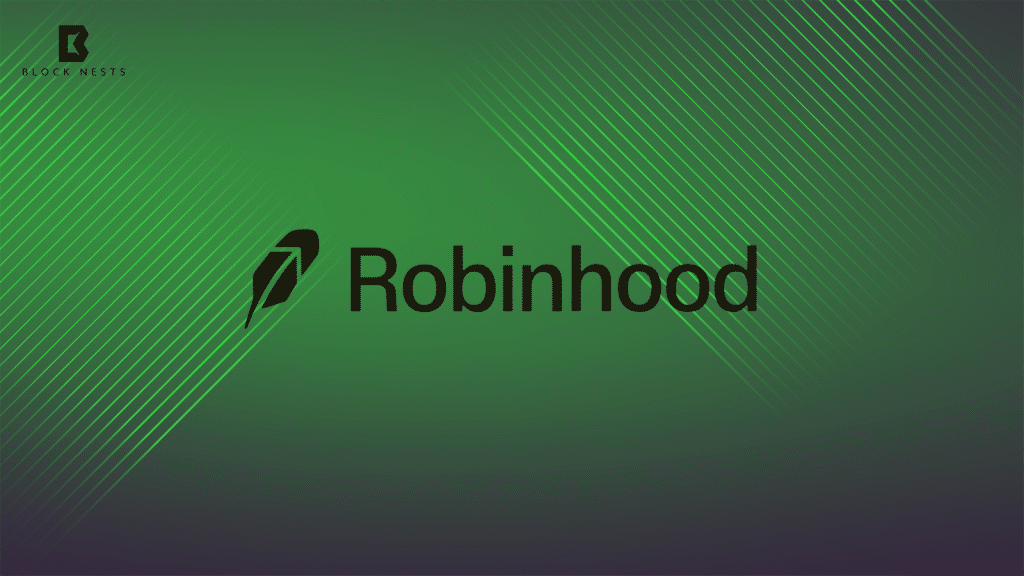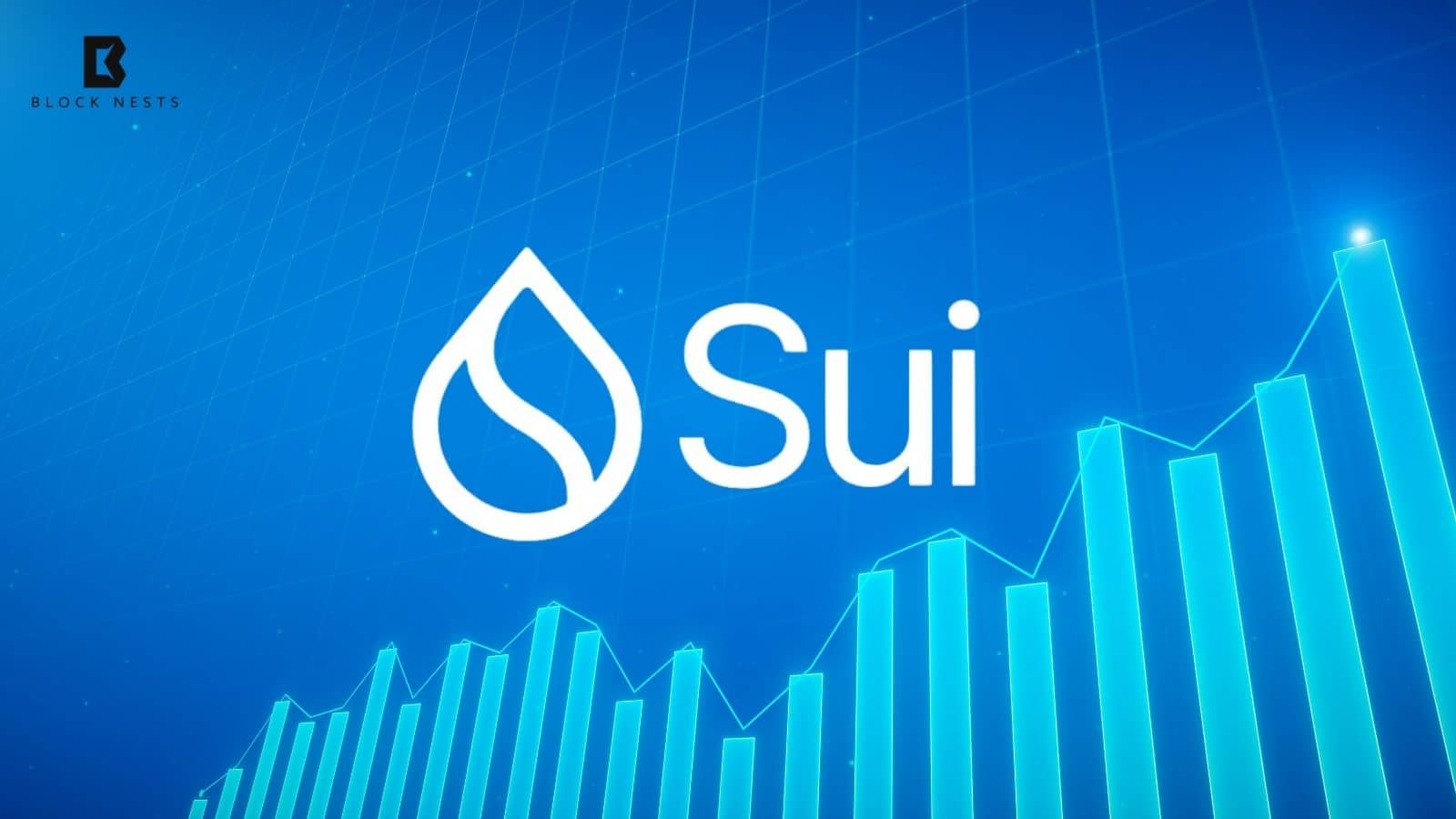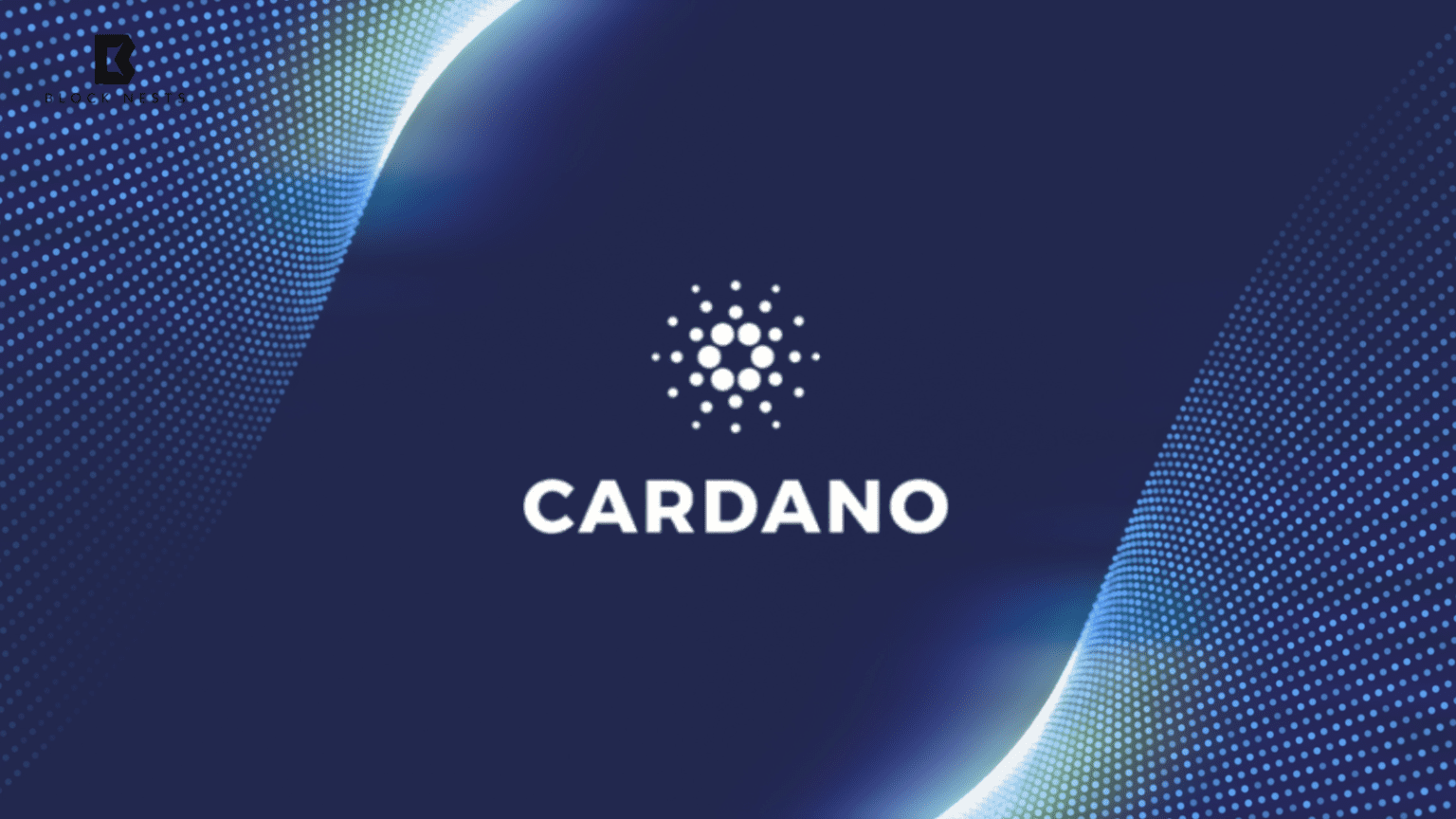- Robinhood joins the S&P 500, boosting shares in after-hours trading.
- Digital asset-focused companies gain momentum under favorable conditions.
- Coinbase joined the index earlier this year, signaling wider recognition of crypto-linked firms.
Robinhood Markets has secured a spot in the S&P 500, marking another milestone for firms with strong ties to digital assets. The move, announced by S&P Dow Jones Indices, comes as part of the quarterly rebalance set for September 22.
$HOOD – @Robinhood finally gets the nod to join the S&P 500!
— Dan-i-El (@Danielibertari0) September 5, 2025
It’s well deserved… they’ve been one of the best executing fintech company’s over the last couple of years. pic.twitter.com/dNljk1OEF1
Besides Robinhood, Emcor Group and AppLovin will enter the index. Caesars Entertainment, MarketAxess Holdings, and Enphase Energy will give way to them. The alteration in composition is the new shape of the benchmark index.
We’re spotlighting the online platforms and how fintech is revolutionizing the determination of market forces. The S&P 500 wishes to stay an index of American large-cap stocks, and the reallocation here is illustrating how technology and consumption-facing stocks are revolutionizing the economy.
Robinhood Positions as Fintech and Digital Asset Platform
The Robinhood stocks increased by 7% in after-hours trading following the announcement. The business established itself as a retail brokerage but has been heavily dependent on digital holdings. Crypto trading has been at the forefront of revenue and user acquisition.
This double role as a digital currency platform and a financial technology innovator makes it more enticing to investors looking to the future of the financial sector. The timing is critical. Coinbase became the first major crypto exchange to join the S&P 500 in May.
The latter signified approval of the crypto markets as a legitimate traditional financial sector. The Robinhood inclusion confirms the pattern, showing investor interests moving frompure-exchange plays to multi-purposefinancial platforms. Overall circumstances have also brightened.
Political and regulatory environment has become more favorable for the digital currency business. Regulators have been eager to open the door to crypto in the regulated financial sector instead of closing it down. The shift gave a lift to optimism throughout the industry, boosted valuations, and offered more comfort.
Index Changes Reflect Market Growth and Shifts
Besides Robinhood, many other updates will remake key indexes. Uber will take the place of Charter Communications in the S&P 100 but Charter will remain in the S&P 500. Nutanix and TransUnion will join the S&P MidCap 400 and a list of names like Noble Corporation and Hecla Mining will join the S&P SmallCap 600.
Such revisions mirror how index makers remain up to date with ever-evolving market capitalization groups. Companies that have expanded from the next smallest level rise and those that do not do so fall. The dynamic system updates structures with the real economy.
Robinhood’s S&P 500 inclusion ratifies its place as a member among America’s largest corporations. The inclusion of the company validates its model of blending retail investing and access to ownership in digital spaces and places the company among fellow new entrants which mirror a financial system in transition.
Related Reading: Bitcoin Treasury Fund Launches in Asia as Sora Ventures Targets $1B
How would you rate your experience?






